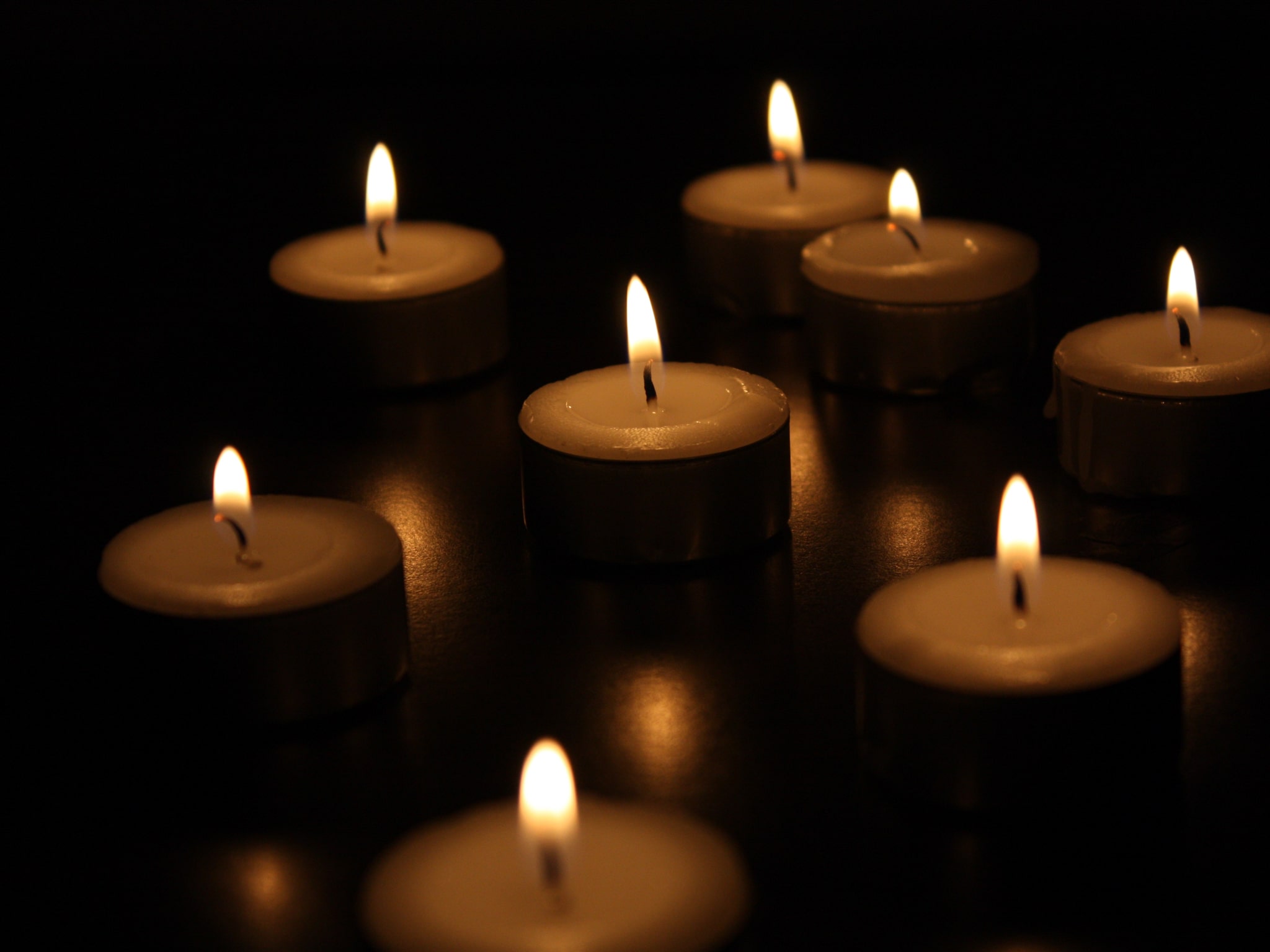Making an Impact with Earth Hour
For one hour a year, turn off non-essential electric lights as a symbol of commitment to our planet. That’s the simple concept behind the annual Earth Hour movement, which takes place from 8:30pm to 9:30pm on the last Saturday of March.
Founded in 2007 as a grassroots movement, Earth Hour is a coordinated effort to highlight the potential impact we can have on our environment as individuals, households, businesses and governments. In 2022, more than 190 countries supported the initiative as a symbolic catalyst for environmental change.
Of course, the symbolic gesture only makes a marginal impact on the world's energy consumption, and saving physical energy isn't the event’s primary goal. Instead, Earth Hour aims to bring attention to how we think about energy well past the one-hour time slot.
An Hour for our Planet
This year's Earth Hour falls on March 25, urging global communities to invest time and resources to ensure everyone has access to safe and clean energy.
In 2019, it was estimated that approximately 1,000,000,000 people, or 13% of the world’s population, have no access to electricity. Although this number is shrinking, almost all those without electricity live in the world's least developed regions.
Not to mention, unsustainable fossil fuels still account for over 80% of the energy produced today, with the least sustainable energy often used in the same underdeveloped regions that lack reliable access to electricity.
By refocusing our efforts to transition towards a global community of energy equity, security and sustainability, we have a unique opportunity to empower those without energy by increasing our planet's renewable mix.
Making a Change
In practice, transitioning towards renewable energy, although entirely possible, is highly costly and requires engagement and commitment from every sector of society. Government participation is particularly important, and such a wide-angle issue lies mostly in the hands of our world leaders.
Meanwhile, residential buildings account for almost 11% of total global greenhouse gas emissions, which goes to show how the actions of every person and household can have an incredible combined impact.
That’s where movements like Earth Hour can make a big difference. Communities exposed to such interventions and movements are typically more conscious of energy consumption and conservation, as they have a better understanding of the cause and effect of climate change, as well as the potential impact that small lifestyle changes can have on the greater good.
Ultimately, the message is that whether you are an individual investing in energy-saving appliances, a business switching to solar-powered energy, or a government implementing regulations from a top-down approach, every small effort can make a big difference.
Find out how we are helping to preserve our environment through conservation efforts at Banyan Tree Bintan.
